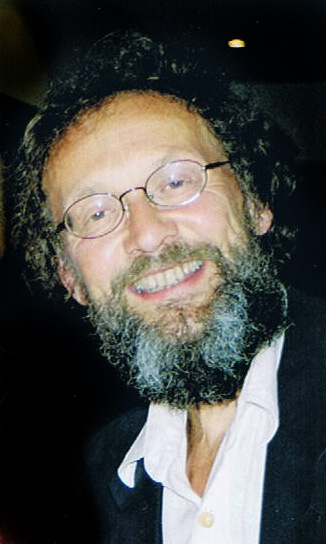Foreword by Jens Rykær

Dear readers,
this year we once again honour the Berlinale tradition by presenting the 2007 Final Edition of our Yearbook. Here you will not only find the data on cinema-going in Europe for a period covering a total of 18 years, starting in 1989, not only an updated snapshot of the Old Continent’s multiplexes and digital screens worldwide, but also advance figures on spectators during the year that has just ended. This is therefore an important step forward from the Advance Edition which, as you will remember, was presented, continuing our collaboration with Eurovisioni, in Rome, the city that has played host to so many important moments in the existence of MEDIA Salles. First and of fundamental importance, its actual foundation, on 16 October 1991, but also, in 2003, one of the first training courses specifically for European cinema exhibitors to be held in the framework of the MEDIA Programme. Yet for us, belonging to an association that has always worked towards making the most of that special expression of Europe’s cultural diversity that is the cinema, our presence in Rome in 2007 cannot fail to remind us of the fiftieth anniversary of the Treaties, signed on 25 March 1957, which signified the beginning of a new idea of Europe, united around shared ideals of peace, well-being and democracy.
The commitment we assumed at the beginning of the ‘90s – when the European Union adopted the first tool on behalf of work in the audiovisual sector by setting up the MEDIA Programme – can be considered a contribution not only to the creation of a common and transparent market but also, culturally and socially, to a wider knowledge and greater exchange of the many different aspects of Europe’s culture and identity.
Our perspective is that of the cinema – more precisely still, the cinema seen in its “natural environment”, i.e. the movie theatre. A place that in 2006 was “inhabited” by around one billion European citizens. Documenting this phenomenon in terms of its quantitative aspects – as we have been doing thoroughly and with passion for sixteen years now – means not only bringing to light and lining up an impressive body of figures, but also reflecting a whole series of social, economic and cultural changes.
The sixteenth edition of the Yearbook brings together the basic figures on cinema-going in 34 European countries, covering a period extending from 1989 to 2006. During this period of time European Union membership has risen from 12 to 27 states, the fall of the Berlin Wall marked the beginning of a new era for the countries of central and eastern Europe, the Maastricht treaty traced a new outline for cultural policy in Europe and knowledge, as the Lisbon Treaty states, became the key to European development.
The cinema has not remained indifferent to changes in society and in the political, economic and technological situation. In the same way, the European Cinema Yearbook has continued to evolve, extending its field of observation and analysing the new aspects that emerge. Over time, the number of countries on record has thus risen from the initial 17 to 34, a section has been added to deal with multiplexes, a structure and at the same time a type of offer that has marked a profound change in the market, and, more recently, the decision has been taken to offer reliable and complete figures on the advent of digital projection. To meet this objective, we became aware of the need to position ourselves in a worldwide perspective, in view of the planet-wide dimensions and interdependence of this new frontier of technology. The internationalisation of the cinema industry, which cannot be reduced to the role of Hollywood, however dominant this may be, also led us to broaden our comparison between the situation in Europe and that of the most important markets in the rest of the world.
These efforts are evidence of MEDIA Salles’ desire to offer to businesses and institutions tools of knowledge useful for establishing and orienting strategies and policies. In a similar perspective comes the development of training specifically for exhibitors, a professional category for which no specific training routes existed. Over the past few years attention has focused on the transition to digital. We trust that in the near future the projects that we have designed on topics linked to theatre management, marketing and programming will find support from the MEDIA Programme and the Italian Government, allowing us once again to provide more help for exhibitors.
We cannot fail to recognize that, if the cut in resources available to MEDIA Salles should continue, it would be extremely difficult to give continuity to the work carried out up to the present on strengthening the competitive edge of European exhibition companies and developing that special mission of movie theatres expressed, when MEDIA Salles was first founded, in the slogan: “Europe gets together at the cinema”.
Whilst stressing the significance of European exhibition theatres, I should like us to remember together someone who believed firmly in the cinema as an opportunity for coming together, exchanging ideas, getting to know one another: Pierre Todeschini, President of CICAE, member of the MEDIA Salles Executive Committee, joint founder of the festival Annecy Cinéma Italien. We lost Pierre this summer but the memory of his passion and commitment to quality cinema will continue to accompany our work on behalf of Europe’s films and theatres.
Jens Rykær
President of MEDIA Salles
President of MEDIA Salles